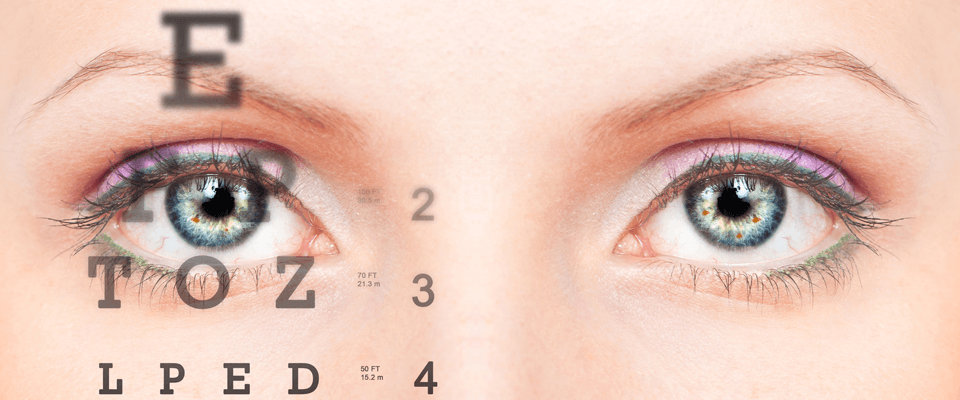
The most common symptoms of concussion are: Symptoms of concussion can be mild to severe, and in some cases emergency treatment may be needed. Read more information about the causes of concussion and tips on preventing concussion. People who regularly play competitive team sports such as football and rugby have a higher risk of concussion. Most cases of concussion occur in children and teenagers aged 5 to 14, with the two most common causes being sporting and cycling accidents.įalls and motor vehicle accidents are a more common cause of concussion in older adults. Read more information about PCS as a complication of concussion.

Post-concussion syndrome (PCS) is a poorly understood condition where symptoms of concussion can last for weeks or months afterwards.
#Concussion flickery eyesight professional
However, this seems to only be a significant risk for professional athletes who experience repeated episodes of severe concussion, such as boxers – CTE is sometime nicknamed "boxer's brain". This type of dementia is known as chronic traumatic encephalopathy (CTE). There is evidence that repeated episodes of concussion could cause long-term problems with mental abilities and trigger dementia. While the medical term "minor traumatic brain injury" can sound serious, the actual extent of damage to the brain is usually minimal and does not cause long-term problems or complications. subarachnoid haemorrhage – bleeding on the surface of the brain.subdural haematoma – bleeding between the skull and the brain.This is because the symptoms of concussion could also be symptoms of a more serious condition, such as: RecoveryĪfter experiencing concussion, careful monitoring is needed. Read more about how concussion is treated, including information on self care tips and when you can return to playing sport. avoid drinking alcohol or taking recreational drugs.take paracetamol to control any pain – do not use non-steroidal anti-inflammatory drugs (NSAIDs), such as ibuprofen or aspirin, as these can cause bleeding.apply a cold compress to the injury to reduce swelling – a bag of frozen peas wrapped in a towel will do.There are things you can do at home to help relieve concussion symptoms, including: taking anticoagulant medication, such as warfarin or aspirin, to prevent blood clots.having a condition that makes your blood more prone to clotting, such as thrombophilia.having a condition that makes you bleed more easily, such as haemophilia.is having difficulty staying awake, speaking, or understanding what people are sayingĬertain things make you more vulnerable to the effects of a head injury.remains unconscious after the initial injury.Phone 999 for an ambulance immediately if the person: clear fluid leaving the nose or ears (this could be cerebrospinal fluid, which surrounds the brain)Īnyone drunk or high on recreational drugs should go to A&E if they have a head injury as it's easy for others around them to miss the signs of a more severe injury.loss of power in part of the body, such as weakness in an arm or leg.problems with vision, such as double vision.

difficulty speaking, such as slurred speech.difficulties with understanding what people say.drowsiness that occurs when you would normally be awake.changes in behaviour, such as irritability, being easily distracted or having no interest in the outside world – this is a particularly common sign in children under five.memory loss, such as not being able to remember what happened before or after the injury.You should visit your nearest accident and emergency (A&E) department if you or someone in your care has a head injury and develops the following signs and symptoms: They will be able to rule out serious brain injury that needs a brain scan or surgery. When to seek medical helpĬoncussion should only be diagnosed by a health professional trained in assessing patients with head injury. If a brain scan is carried out, concussion is only diagnosed if the scan is normal – for example, there is no bleeding or swelling of the brain. a period of confusion, a blank expression, or a delay in answering questions immediately after the head injury.



 0 kommentar(er)
0 kommentar(er)
